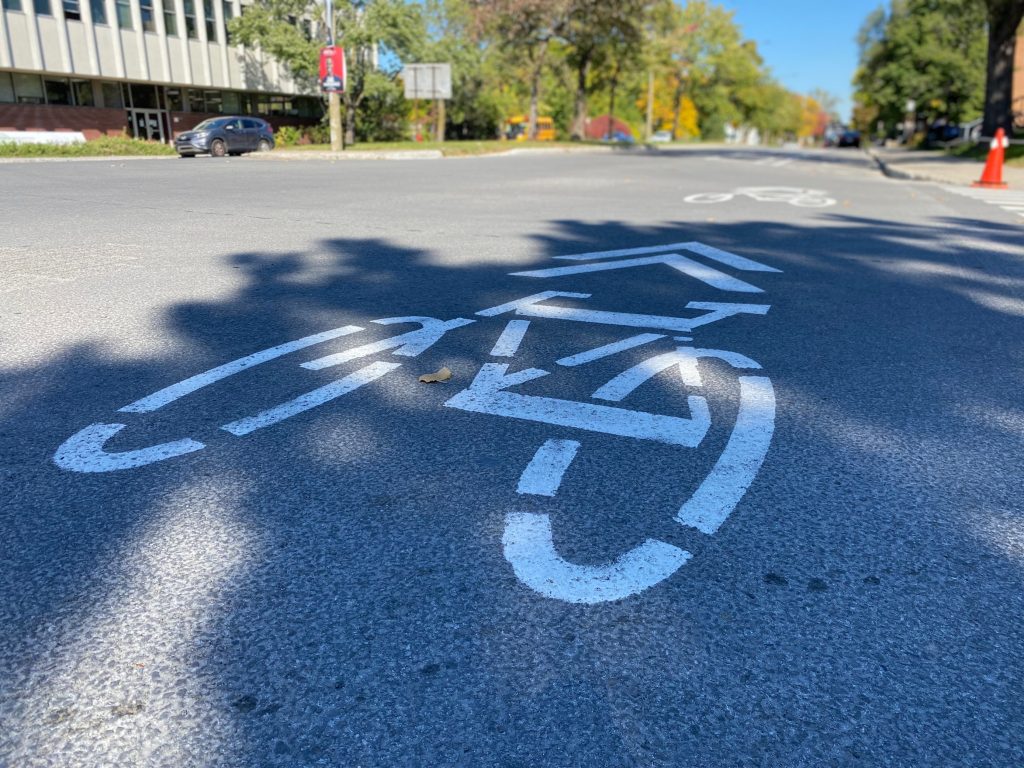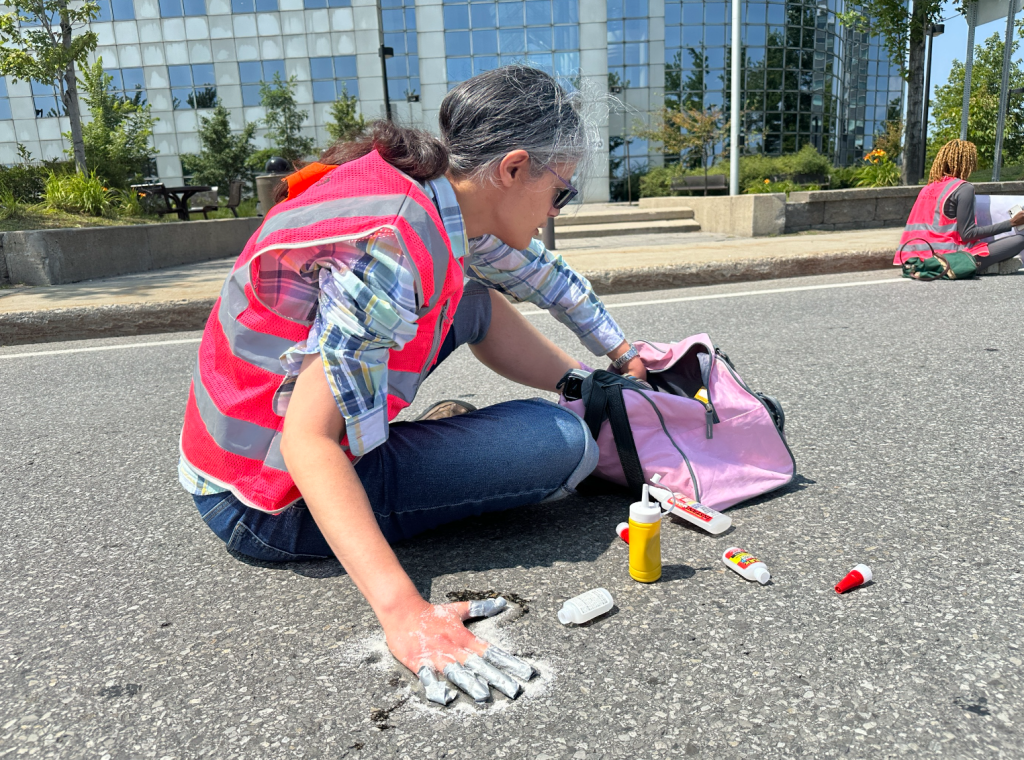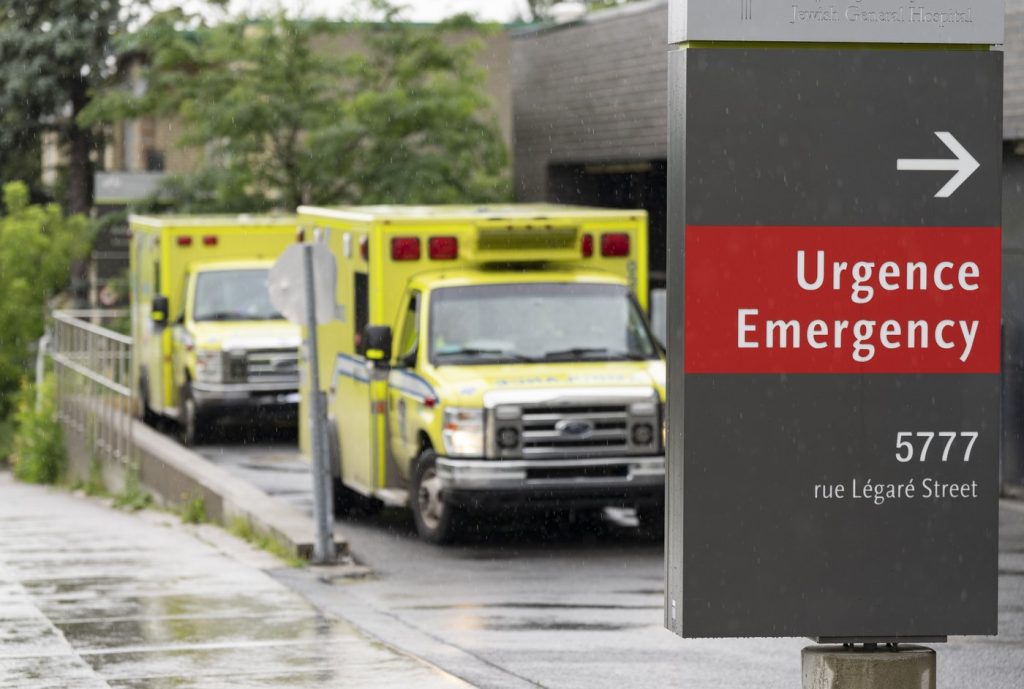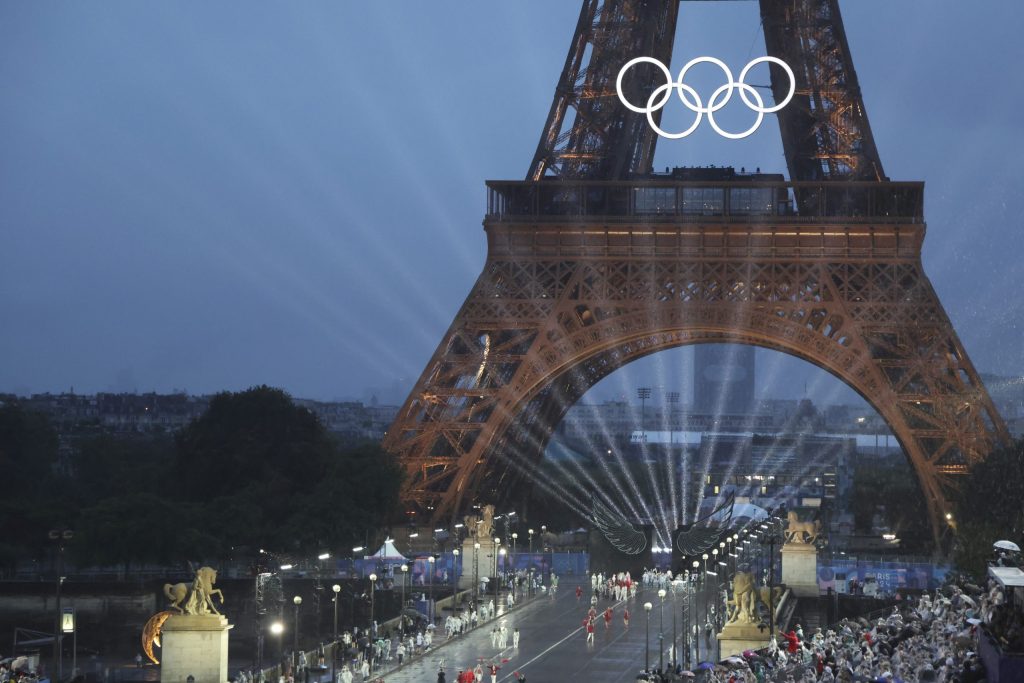Airbnb crackdown: Montreal ‘moving in the right direction’ 1 year after deadly fire, Mayor Plante says
Posted March 13, 2024 5:09 pm.
Last Updated March 14, 2024 10:44 am.
After a massive fire at a heritage building in Old Montreal last year killed seven people, the Quebec government and the City of Montreal vowed to crack down down on illegal short-term rentals.
The tragedy spurred an overhaul of the industry, with Quebec passing a law requiring registration numbers on listings, and the City of Montreal putting together a squad of inspectors and fining people.
Most of the units in the building were on Airbnb without proper authorization.
“Since last year, there was about 300 inspections being done and 49 cases were reported to the Government of Quebec, to Revenue Quebec,” Montreal Mayor Valérie Plante said. “And we should know what will happen. This is where it kind of goes to Quebec, but we are moving in the right direction.”
City officials have handed out 19 fines since last August, and Mayor Plante says there have been fewer illegal listings on platforms. Last year, more than 90 per cent of short-term rental units listed in Montreal on Airbnb were not authorized.
RELATED: Father remembers Dania Zafar, Toronto woman killed in deadly Old Montreal fire
“We decided to hire more inspectors as well, even the laws around pushing the law for Airbnb,” she said. “This is all part of making sure that something like that, such a tragedy, never happens again.”
Inspection reports show that between 2009 and 2018, the 14-unit building at the corner of Place D’Youville and du Port Street had blocked and “dead-end” secondary exits, as well as a non-compliant fire alarm system.
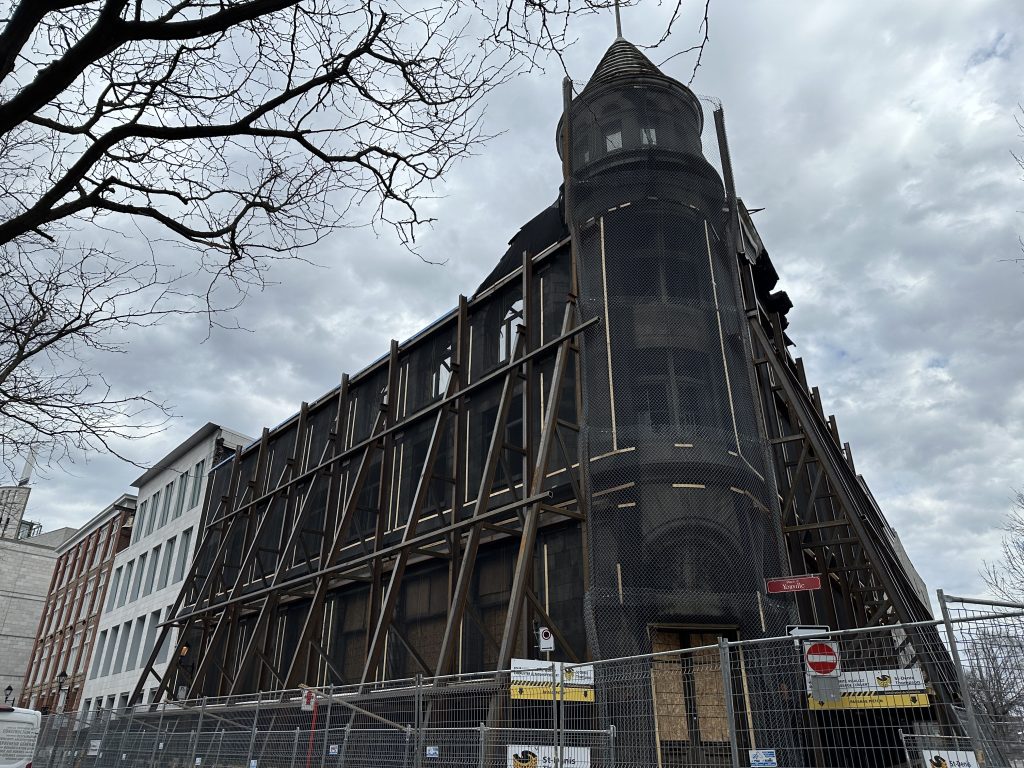
‘We could smell smoke’
Bev Leonard and her husband Bob from Ontario were in Montreal exactly a year ago when the fatal fire happened. They are back visiting a year later.
“The morning we left, we could smell smoke,” Leonard recalled. “And as we left our hotel, we were rerouted and we listened to the news and heard what was going on.”
The Leonards have used Airbnb before – and aren’t opposed to using it again – but they’re cautious.
“We’ve done an Airbnb in PEI and we also did one on a boat,” Bev Leonard said. “And even on a boat, we wanted to make sure that everything was safe, everything was up to code.
“When I travel, I really would prefer lower floors, I look for all the exits, I look for smoke detectors.”
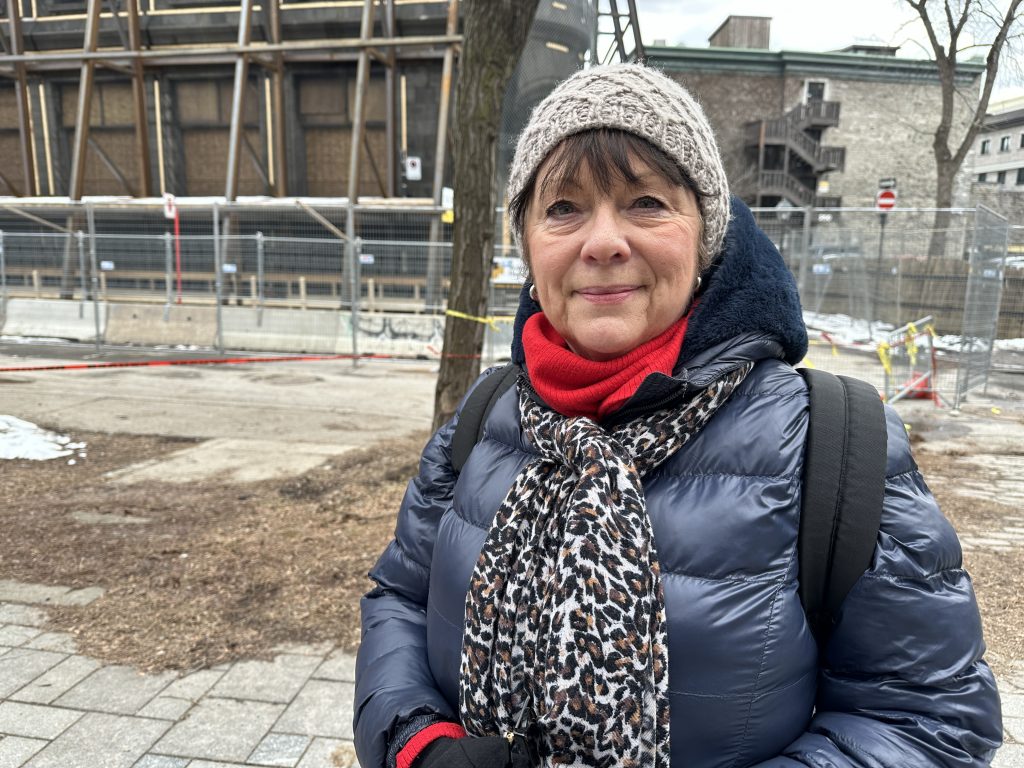
Since 2018, Airbnb-style short-term commercial rentals have been illegal in the area where the building caught fire.
After the deadly blaze, Airbnb agreed to remove illegal listings from its platform, and Quebec’s tourist accommodation law introduced fines of up to $100,000 for platforms that had listings without certification numbers.
Successful crackdown or loophole?
Lawyer David Searle, who specializes in housing law, says the legislation from last year hasn’t yet led to any fines for Airbnb and similar platforms.
“Which would either lead us to believe that those platforms are cracking down, and I would assume that they’re making sure that you must have a registration number in order to advertise on their platforms, because it’s their bottom line that’s at stake,” Searle said.
But some may be using a loophole.
“It is possible that people are pretending to do non-commercial renting of an Airbnb,” Searle added. “That being said, I think there is a limit to such a loophole. If you are leaving an online trace, if there’s any inspectors taking a look at these platforms online and they see repetitively the same addresses coming up that aren’t actually in a zone that allows a commercial renting, they should be cracking down on them.”
Going forward, Leonard says she’ll always be verifying listings for future trips.
“When we come back, because we always come back to Montreal, I will definitely make sure to check it is a legal Airbnb,” she said.
Airbnb on the tragedy one year later
“The fire in Montreal was a devastating tragedy, and our thoughts are with the victims and their loved ones,” says Nathan Rotman, Policy Lead for Airbnb in Canada. “We continue to work closely with the province on its implementation of la Loi sur l’hébergement touristique.”
Airbnb says it follows the system put in place by the Quebec government when it comes to host registration, but admits it can be cumbersome.
When it comes to fire safety, the short-term rental company says they require all hosts to comply with local laws and regulations. They encourage all hosts to have a smoke and carbon monoxide detector installed, and say they have a program that gives hosts free detectors.
